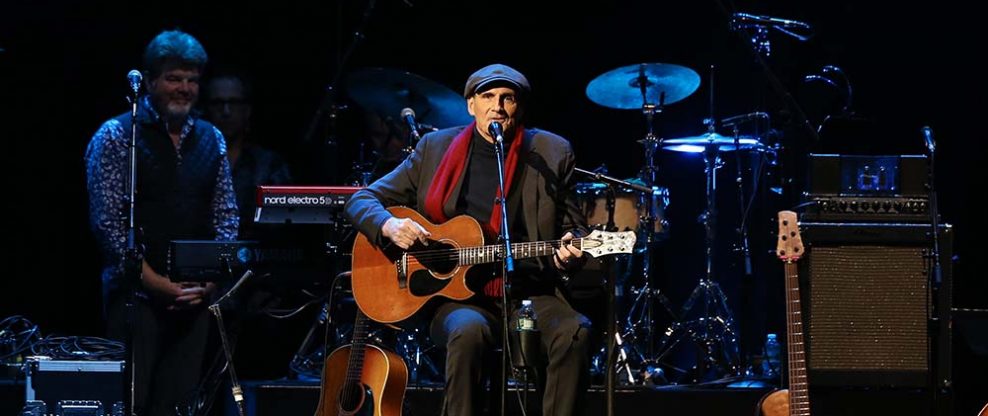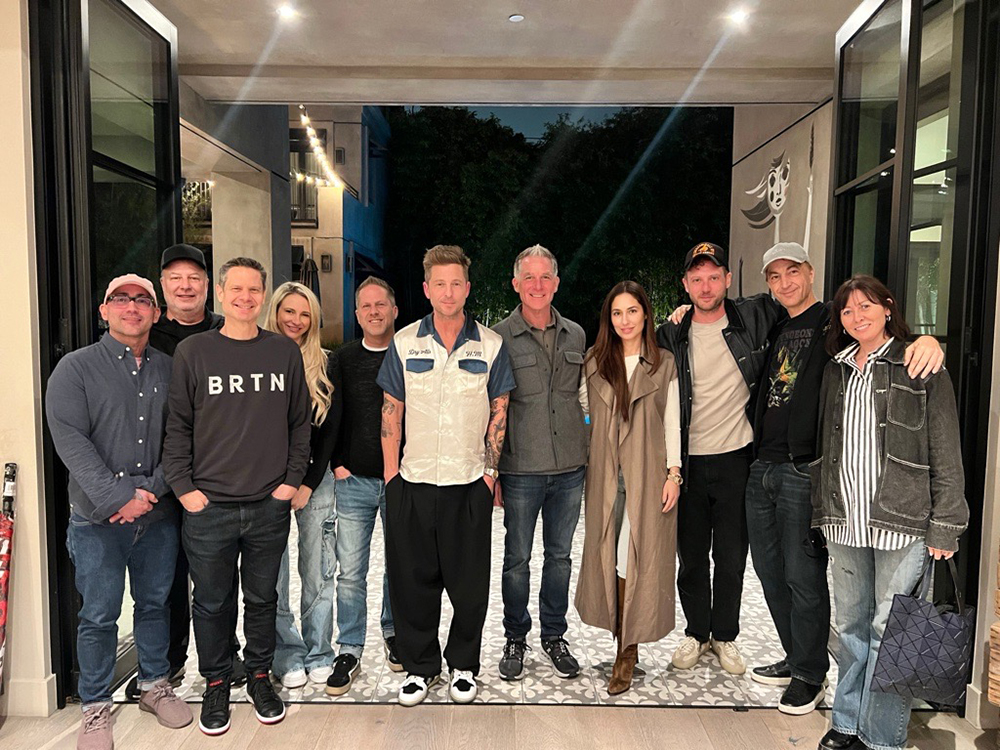It’s free.
The fifties and sixties are already fading into the rearview mirror. Kinda like the radio days, before TV, Woody Allen made a movie, but they’re disappearing along with the Greatest Generation.
And it won’t be long before the baby boomers are history and no one will really know what it was like to grow up before the internet, before you could reach everybody instantly from the palm of your hand, when no one got lost, when you stayed in touch and knew what was going on with every person you ever met.
It was boring.
Our parents lived through the Great Depression. And the war. They knew what it was like to lose everything, so they paid cash and did not live large. Seemingly everybody in the suburbs lived in a newly-constructed house, where a mom who didn’t work didn’t drive an SUV but a station wagon, and the emphasis was on integrating yourself into the group. Almost no one was famous, there was almost no way to become famous, we all lived in our own little burgs. And if we were just a bit off-kilter, just a little bit different, we were lost outsiders, there was no online group to make us feel at home.
And most music came from the radio. People owned few records, which they knew by heart, and then the Beatles came along and created a whole new paradigm, one heretofore unknown, wherein you could become internationally famous and rich seemingly overnight, and not just release pabulum written by others, never forget the Beatles wrote their own songs, and this was important.
So James Taylor’s dad was a doctor. The family started in Massachusetts and then moved to North Carolina. Where did this leave James?
These were not today’s dads. Friends to the kids, doing the diaper-changing and the dishes. No, our dads were locked up, not emotional, and they went to work and brought home the bacon and you did not want to be ungrateful.
And sure, there were poor people. But there was a strong middle class. The bills were paid, and suddenly the progeny could be thinking about distant horizons, developing themselves, getting lost, becoming all they wanted to be.
JT’s mother took him to Broadway plays.
You see our parents wanted to educate us in the arts. They exposed us to so much. And we all listened to the Original Cast Recordings. They played “Oklahoma” in James’s house, they played it in mine.
And then James got lost.
His dad went to Antarctica for two years and came back a changed man. James was shipped off to boarding school.
And then he sank.
And he credits this sinking and his subsequent institutionalization with removing the pressure to fulfill his parents’ desires, become a doctor or a lawyer, live the save life, at least in terms of work.
That’s what we heard from day one. That we were going to college and becoming a doctor or a lawyer. You had to become a professional. To give yourself a leg up. I did not grow up with any lapsed lawyers, but almost all of the attorneys I know in California no longer practice, they’re members of the bar, but sitting behind a desk cleaning up and annotating others’ lives, going to court, that’s anathema.
Today you become an entrepreneur, work on Wall Street.
No one I knew started a business. As for working on Wall Street…it wasn’t that lucrative back then, and it was seen as selling out.
But you could become a musician.
Everybody was a musician, everybody took piano and guitar lessons. People formed bands, whipped out their guitars at parties for singalongs. It was the equivalent of Instagram or TikTok, but it was up close and personal, there was no digital creation, it was all analog.
This is the best part of “Break Shot.” It brings you back to those days, it sets your mind a-wanderin’, remembering when, recalling feelings and events you haven’t thought of in years. The audiobook creates a mood. Outside the regular world. You cannot multitask, cannot watch TV and listen, although I guess you could surf the web. But that would detract from the exquisite experience, of being up close and personal with the creator, the man who wrote those songs you know by heart.
And this isn’t about hero worship.
And James admits he grew up in an upper middle class environment, even went to Europe in high school, but the more you listen you realize he’s really no different from you and me. Shuffling along with more questions than answers.
And like my dad, his dad Ike was good in a crisis. You didn’t want to bother them with your everyday emotions, but when Ike heard the desperation and loss in his son’s voice, he told him to stay put and he’d be there soon. Ike drove to NYC and took James back to North Carolina to kick heroin.
You see those people who fit in don’t need drugs.
But the dirty little secret is very few of us fit in. And stunningly, we feel most connected when we hear a musician sing our lives in their songs.
Now there isn’t much that isn’t public knowledge in this book. And I don’t want to reveal what you may not know.
And at first you’ll be thrown off guard, because James is quite definitely reading, he’s a bit stilted.
But when he stops and picks up his guitar…
And to tell you the truth, I could listen to this book all over again, but in a much deeper edition. I want to hear more of the story of Suzanne. The woman who inspired “Carolina In My Mind.”
More about James’s love affairs, more about rattling around in Martha’s Vineyard.
But most musical biographies are written at a distance, with attitude, you read the story, but you don’t feel it, you don’t get the sense you know the author.
But you definitely get the sense you know James Taylor as you listen to this.
So is this a new art form?
I never listen to audiobooks.
I certainly hate the abridged editions, and I like to create the pictures, the voices in my head. I remember when the Peanuts characters appeared on TV, their voices were completely different from the ones I had in my mind. To a degree, it ruined it for me.
But you cannot hear music in a book, even if it includes a playlist. When James tells the story of being at the first Rock in Rio, playing to 300,000, revealing it took ten hours to get back to the hotel, and then you hear “Only A Dream In Rio,” you too are wowed.
This is the studio version, but a lot of the material is cut just for the book.
And you realize songs are inspired by life. Every song has a story. They do not come out of thin air. Some were written in mental hospitals. It’s a need to express yourself more than a need to become rich and famous. Although James does say it only truly works if you connect with the listener, evoke feelings and thoughts in their brains.
Now I played “Carolina In My Mind” every morning in the spring of my senior year of high school. The world was coming alive, and the song inspired me, even though at the time I hadn’t been to Carolina, that would take decades.
And “Something In The Way She Moves” was so personal, you could see through James’s eyes, but also your own.
And both of those were on the original Apple album “James Taylor,” which has been lost to history. Oh, you can now stream it, it resurfaced in the CD era, it’s just that the original versions of these songs are not the ones you know now, but the remakes, from the Warner Brothers “Greatest Hits” album.
And then came “Sweet Baby James”…
I went to see James at the Capitol Theatre and there were only about a hundred and fifty people there.
A few months later you couldn’t get a ticket.
And it wasn’t hype, it was a need to get closer to humanity.
And this was an era where you could own James Taylor and Led Zeppelin, our tastes were not so narrow.
And James tells the story of “Suite For 20 G” and then it’s over. “Break Shot” stops at this point.
But James carried on.
Many did not, they were bitten by the drugs, they didn’t fit into the era of greed which started in the eighties. Surviving is the hardest part. You can die and become a legend, but you won’t even know that!
So if you’ve ever run that road from Stockbridge to Boston, if you’ve ever seen the snow on the Berkshires, if you’ve ever driven on a gray day with the heat on and a cassette in the dashboard radio…
You’ll know what James Taylor is talking about. It will resonate. You’ll feel warm and connected. You’ll know what has been buried is still there. The victories and the losses. It’s the music that carries us through.
And James Taylor wrote a lot of that music.































































